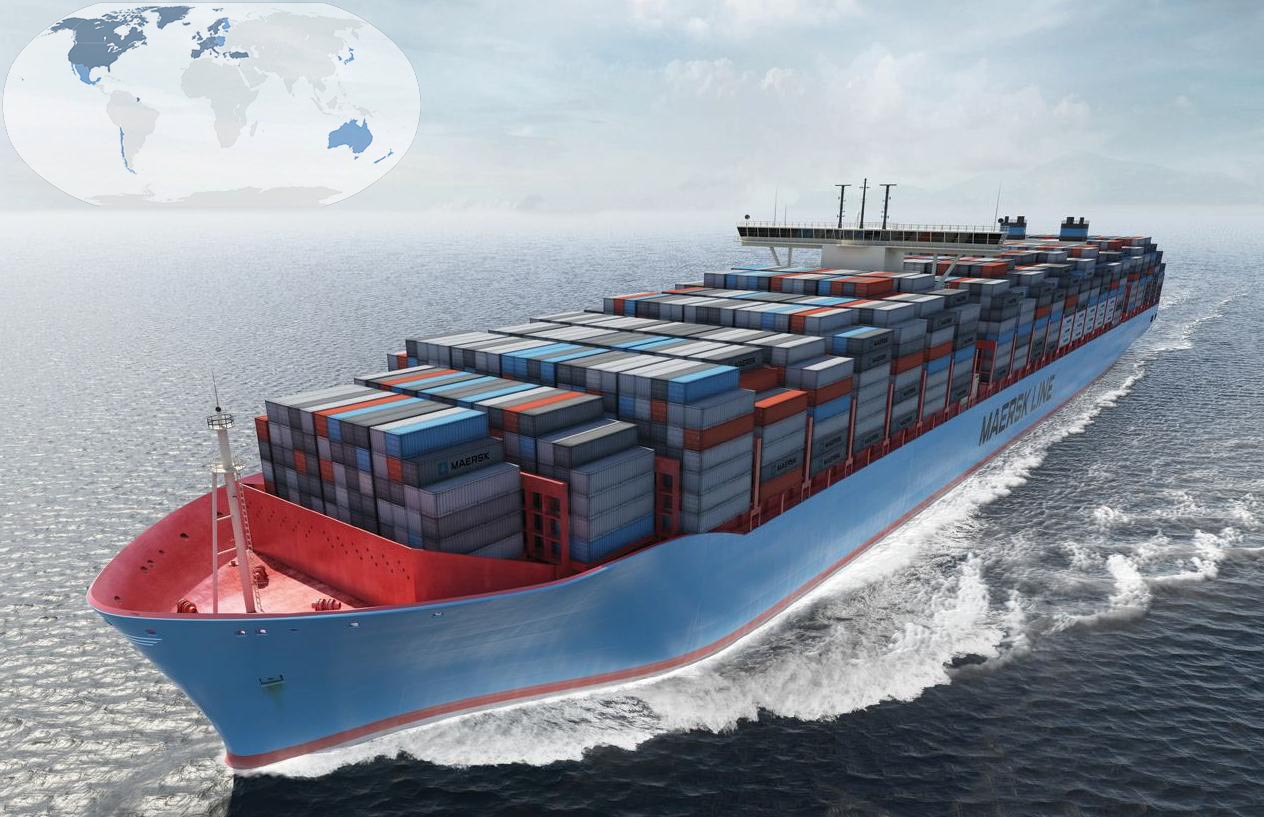
Big is no longer beautiful in the container liner industry - if indeed it ever was
Already buffeted by low freight rates as consumer demand dips, container carriers are now losing the intellectual argument over deploying bigger ships.
Last week Drewry published the results of a simulation study of the operational and financial impacts on lines, terminal operators, ports and other supply chain stakeholders as vessel size increases up to and beyond 18,000 TEU. "The study results suggest," noted Drewry, "that the economies of scale, that have been a key feature of the liner industry, may be running out."
Meanwhile, as we reported last week, the OECD has followed up its 2015 report The Impact of Mega Ships with a withering attack on what it calls "an unsustainable taxpayer- financed bubble that imposes unsustainable costs on the rest of the container supply chain."
The arguments made by OECD and in the Drewry briefing are not new - they are at least as old as when 6000 TEU ships were first introduced (public infrastructure costs of dredging, new deep water quays, road and rail access, terminals investing for peaks, landside congestion, etc), but the difference is that the experts now seem to agree that we have reached a tipping point.
Drewry goes so far as to put quantitative values on its prognosis. It says that the combined shipping line and port "total system" cost savings peak at only 5% of total network costs and economies of scale diminish as vessel sizes rise beyond 18,000 TEU.
It also says that "terminal yard areas will need to increase by one third to avoid congestion, even with no growth in volume." Parties interested in how this generalisation was arrived at will need to consult Drewry directly, but the message is certainly alarming.
The "cascade effect" also has to be taken into account as ships in the 8000-9000 TEU range are displaced by ULCS into north-south routes that are not adapted to take them without huge investments that the communities affected cannot afford (see our Big Ships, Big Problems review of UN ECLAC report)
And last week the Global Shippers Forum called for convening an international meeting to discuss a full range of challenges facing the container shipping industry, "including the poor quality of service afforded to shippers since the introduction of new massive containerships and the consolidation of the world's top 20 carriers into super alliances."
Source:
http://www.worldcargonews.com/